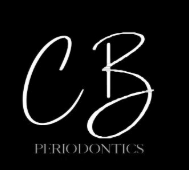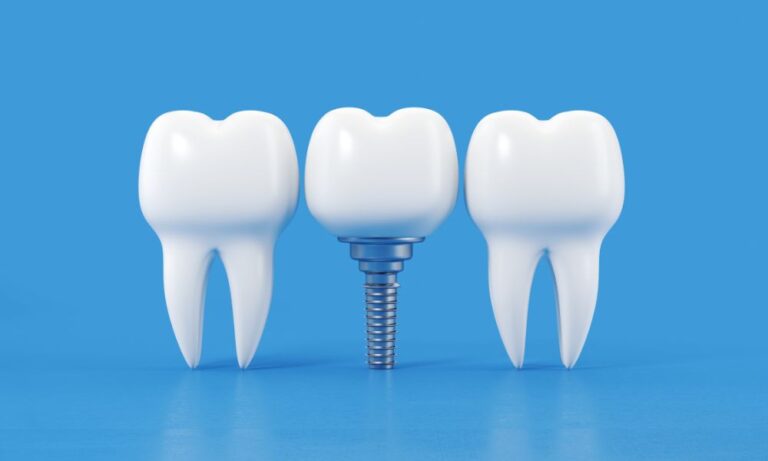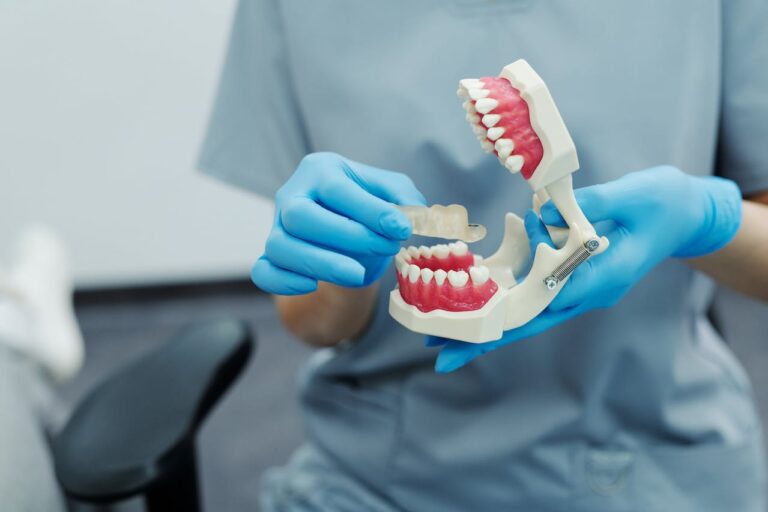Comparing Medicaid-Covered Periodontal Treatments: A Detailed Guide for Patients
Navigating the world of periodontal treatments and understanding which procedures are covered by Medicaid can be a daunting task. To help simplify the process, we have created a detailed comparison of various periodontal treatments covered by Medicaid, allowing you to make informed decisions about maintaining optimal oral health.
In this comprehensive guide, we will explore the benefits and considerations of Medicaid-covered procedures, such as dental cleanings, scaling and root planing, and gum surgery. Through specific examples and expert advice, you will gain a deeper understanding of each treatment, empowering you to make the best choices for your periodontal health.
Whether you’re new to Medicaid or looking to maximize your existing benefits, this guide serves as an invaluable resource in your quest for optimal oral health outcomes. Prepare to take control of your periodontal health with the knowledge and confidence gained through this detailed comparison of Medicaid-covered treatments.
1. Dental Cleanings: Medicaid’s Essential Coverage for Optimal Periodontal Health
Dental cleanings, also known as prophylaxis, are one of the cornerstones of maintaining optimal periodontal health. As part of Medicaid’s coverage for oral healthcare, dental cleanings help remove plaque, tartar, and bacteria from your teeth and gums, reducing your risk of developing more severe periodontal issues.
Depending on your Medicaid plan, dental cleanings may be covered once or twice a year. It’s essential to check your specific coverage and adhere to the required frequency to maintain the best oral health outcomes. Regular dental cleanings can prevent the onset of gum disease, tooth decay, and even tooth loss.
2. Deep Cleanings: Scaling and Root Planing for Advanced Gum Disease
When gum disease becomes more advanced or severe, scaling and root planing – also known as deep cleaning – may be necessary. This treatment targets the removal of plaque, bacteria, and tartar buildup both above and below the gum line and smooths out the root surfaces to encourage gum tissue reattachment.
Many Medicaid plans cover scaling and root planing procedures as they are essential treatments for periodontal disease. While coverage varies by state, ensuring that you receive prompt attention and treatment when needed can help prevent periodontal disease progression, tooth loss, and potential systemic health complications related to poor oral health.
3. Gingival Flap Surgery: A Covered Treatment for Severe Periodontal Disease
For more severe cases of periodontal disease, gingival flap surgery may be necessary. This surgical procedure aims to address the bone and tissue damage caused by advanced gum disease, reducing pockets around teeth, and promoting healing in the affected gums.
Medicaid often covers gingival flap surgery when medically necessary, recognizing its importance in addressing serious periodontal health issues. Prior authorization may be required, and copayments or restrictions may apply. It’s crucial to verify your Medicaid coverage for this surgical procedure to ensure smooth treatment and financial planning.
4. Periodontal Maintenance Therapy: Ongoing Care and Treatment for Healthy Gums
Periodontal maintenance therapy is a crucial aspect of managing periodontal health, particularly for patients recovering from gum disease or surgical procedures. This ongoing care involves regular check-ups, cleanings, and any necessary treatments to prevent gum disease from returning or progressing.
While some states’ Medicaid programs cover periodontal maintenance therapy, the frequency and specific services included may vary. Understanding your plan’s coverage for ongoing maintenance and diligently following your periodontist’s recommendations can help you maintain a healthy smile in the long run.
5. Bone Grafting and Regenerative Surgery: Advanced Procedures and Coverage Considerations
In some cases of periodontal disease, there may be significant damage to the underlying bone and tissue structure. To address this, advanced procedures like bone grafting or regenerative surgery might be recommended. Bone grafting involves the placement of bone material or a synthetic substitute into the area of bone loss to promote bone regeneration, while regenerative surgeries use techniques like guided tissue regeneration to restore lost tissue.
These advanced procedures may or may not be covered by Medicaid depending on your plan, your state’s guidelines, and the specific requirements for obtaining authorization for the treatment. It’s crucial to understand your coverage for these more advanced procedures and coordinate with your periodontist during the treatment planning process.
6. Dental Implants: A Closer Look at Coverage and Considerations
While not directly related to periodontal disease treatment, tooth replacement with dental implants can often come up as a discussion point for patients who have experienced tooth loss due to gum disease. Dental implants are a long-lasting and effective solution for replacing missing teeth that can restore both function and aesthetics to your smile.
It’s important to note, however, that Medicaid coverage for dental implants varies greatly by state, and many states do not cover dental implants at all. Before considering dental implants, it’s essential to verify your Medicaid coverage and explore alternative tooth replacement options that may be covered by your plan.
By understanding the various periodontal treatments and procedures covered by Medicaid, you can make informed decisions about your oral healthcare and prioritize treatments based on both your needs and your coverage. Ensuring you receive the appropriate care at the right time can make a significant impact on your overall periodontal health and general wellbeing.
Conclusion
Understanding the various periodontal treatments and procedures covered by Medicaid is the first step in taking control of your oral health. By partnering with the expert team at Dental Specialists of Southern Colorado, you can make the most of your Medicaid benefits and maintain optimal periodontal health for years to come.
Are you ready to embark on your journey to a healthier smile with a Medicaid-accepting periodontist? Reach out to Dental Specialists of Southern Colorado to schedule a consultation, and let our dental specialists for gum disease help you navigate your Medicaid benefits to create a customized treatment plan tailored to your unique needs. Don’t wait any longer – take the first step toward optimal periodontal health by contacting Dental Specialists of Southern Colorado today!

 header-logo
header-logo





